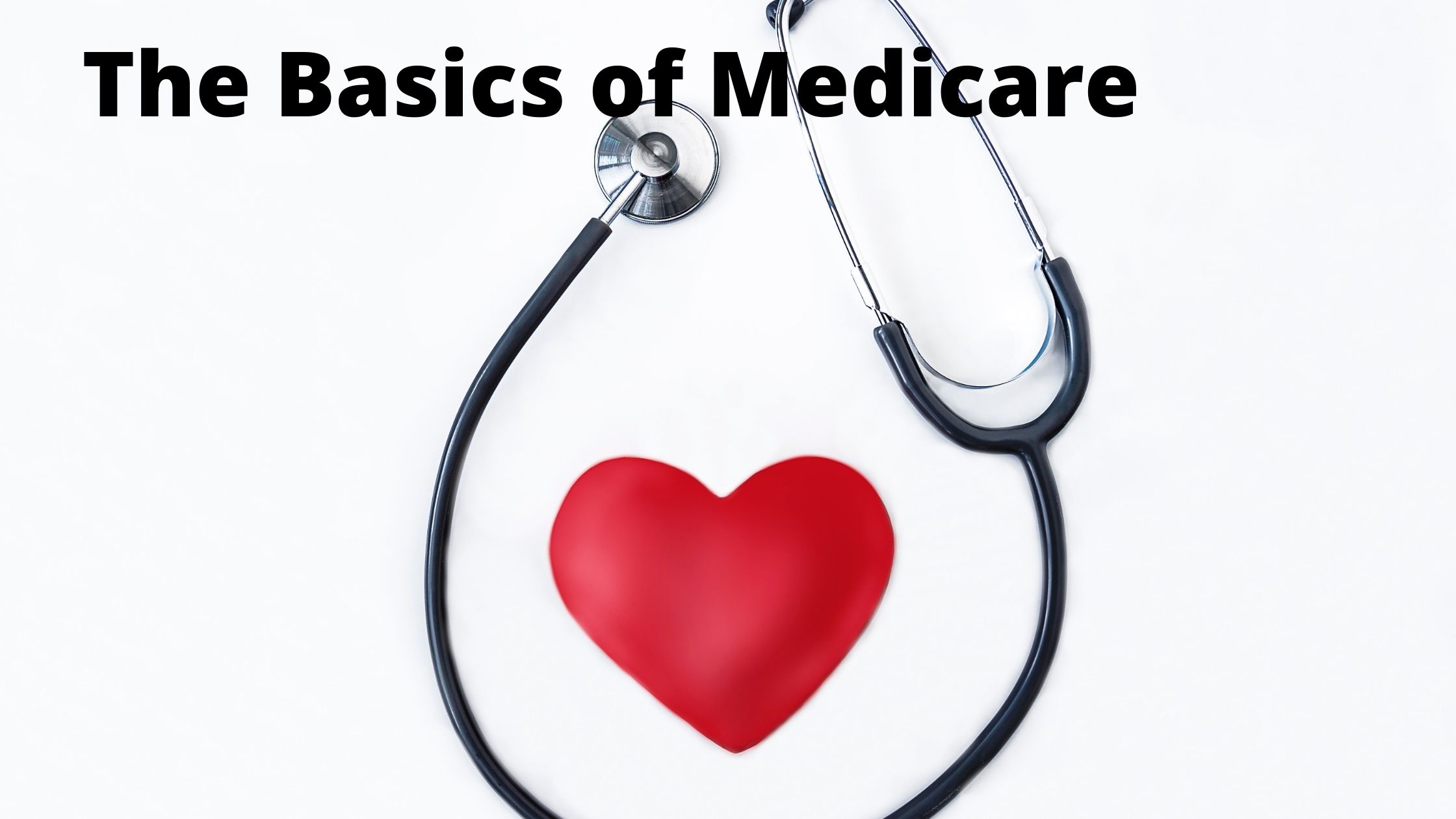Medicare is a federal social insurance program in the United States that provides health insurance to people aged 65 and over, as well as certain people with disabilities. It is one of several social insurance programs in the country, along with Social Security, unemployment insurance, and Medicaid. As such, its effects on the real estate market are complex and multi-layered.
The Basics of Medicare
Medicare is a federal health insurance program for Americans over age 65, and for people with disabilities. Medicare is funded jointly by the government and private individuals. As of 2016, almost 55 million Americans were enrolled in Medicare, and the program was expected to cost $497 billion that year.
The impact of Medicare on the real estate market has been debated for years. Some believe that the program drives up the prices of homes by limiting the number of potential buyers, while others argue that it doesn’t have a significant impact. Ultimately, it’s hard to say definitively how Medicare affects home prices because there are so many factors involved.
Some evidence suggests that Medicare does affect home prices. For example, research from Case-Shiller shows that the median home value in counties where more than half of residents are covered by Medicare has been higher than in counties where fewer residents are covered by Medicare. Additionally, a study published in The Journal of Real Estate Economics found that homeowners who receive Social Security Disability Insurance (SSDI) benefits tend to sell their homes at a lower price than those who don’t receive SSDI benefits.
Despite these findings, it’s still unclear exactly how much Medicare affects home prices.
Understanding a Medicare Plan
Medicare is a federal health insurance program that helps individuals age 65 or older and people with disabilities pay for health care.
Parts A and B of Medicare cover hospital, medical, and prescription expenses.
Medicare Advantage plans (Part C) offer a variety of benefits such as dental and vision coverage.
When people reach the age of 65, they are usually automatically enrolled in Medicare. However, there are some circumstances in which someone may want to enroll in Medicare early. For example, if you are about to retire or if you have a serious health condition that will require you to stay in the hospital for an extended period of time.
The decision to enroll in Medicare early is called an election. If you decide to enroll in Medicare early, be sure to tell your health care provider so that they can update your records. Enrolling in Medicare early has no impact on your current health insurance policy or premiums. You will only pay for the additional benefits that come with being enrolled in Medicare.
Most people who elect to enroll in Medicare receive Social Security benefits as well as their regular Medicare benefits. This means that their monthly income decreases by about $50 per month,
What Affects the Market when it Comes to Medicare?
When people are discussing Medicare, they often think about the health coverage the program offers. However, what people may not realize is that Medicare also has a significant impact on the real estate market. Specifically, it can have a negative or positive effect on home prices and sales.
There are a variety of reasons why this happens. For one, many people who are eligible for Medicare choose to enroll in the program because it offers great health benefits. As a result, there is an increased demand for homes near hospitals and other medical facilities. Conversely, some people who qualify for Medicare may not want to purchase a home because it would be expensive to maintain and there is no guarantee that their health will remain good enough to keep them in their home for long periods of time.
Overall, the impact of Medicare on the real estate market is complex and depends on a variety of factors. However, it is clear that it has a major impact on both home prices and sales.
Summary
Medicare plans affect the real estate market in a few ways. First, they reduce demand for housing as seniors increasingly opt to live in assisted living facilities or in their own homes rather than take on the added costs and risks of purchasing a home. Second, Medicare plans often require enrollees to pay all or part of the cost of their medical care out-of-pocket, which can be a significant barrier to purchasing a home. Finally, because Medicare is an government program that offers supplemental insurance, it can provide stability and predictability to the real estate market, leading some buyers to perceive it as a more reliable investment than other types of securities.

